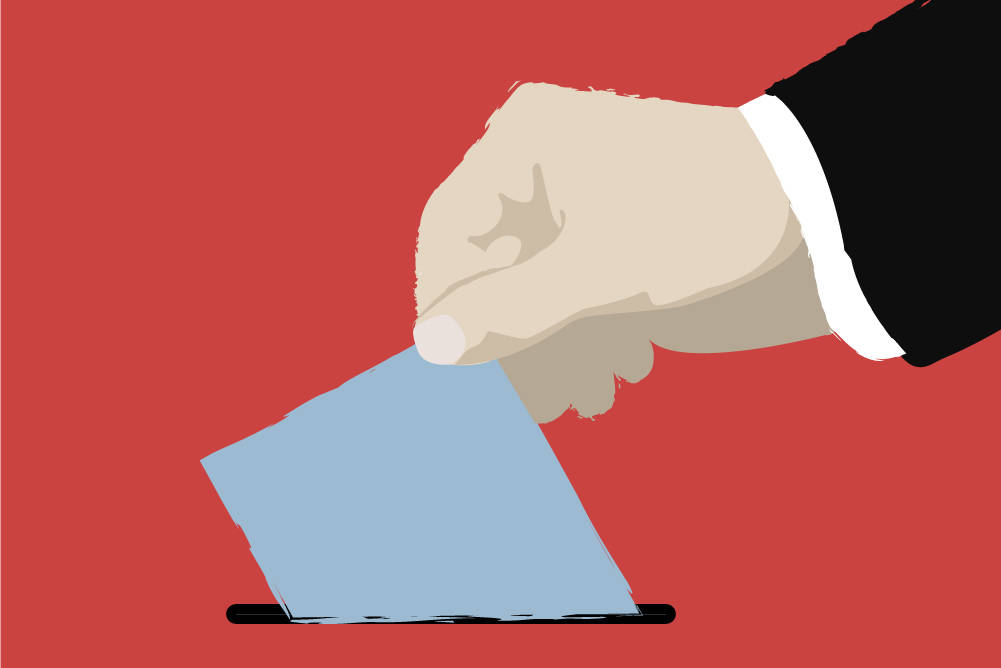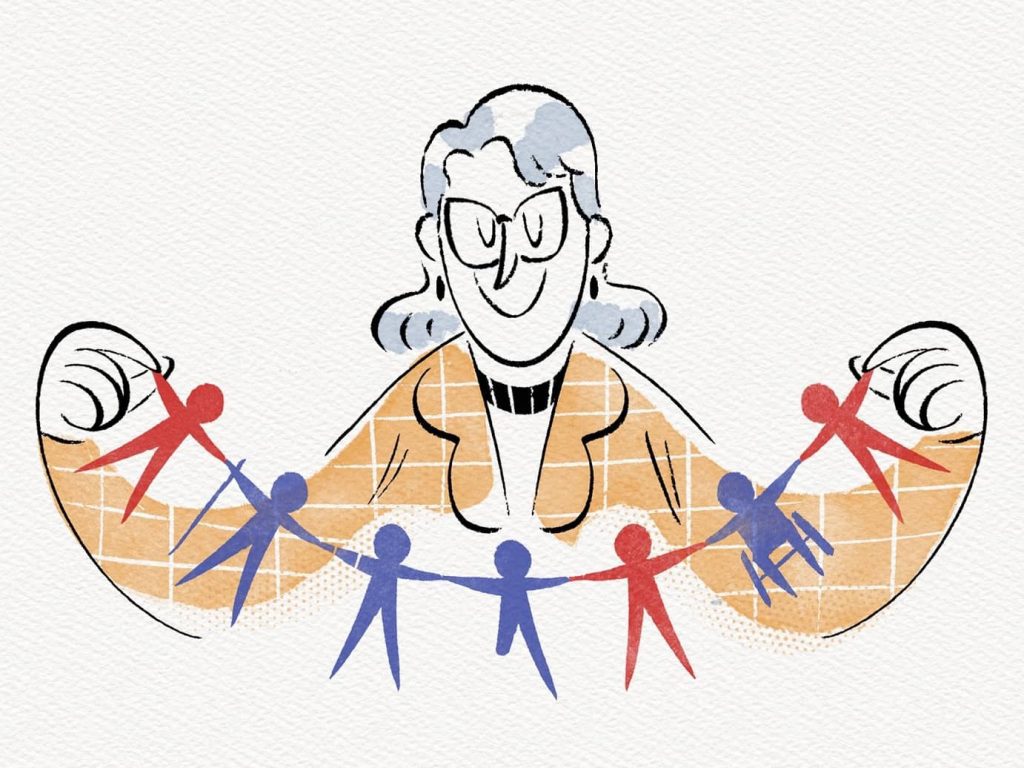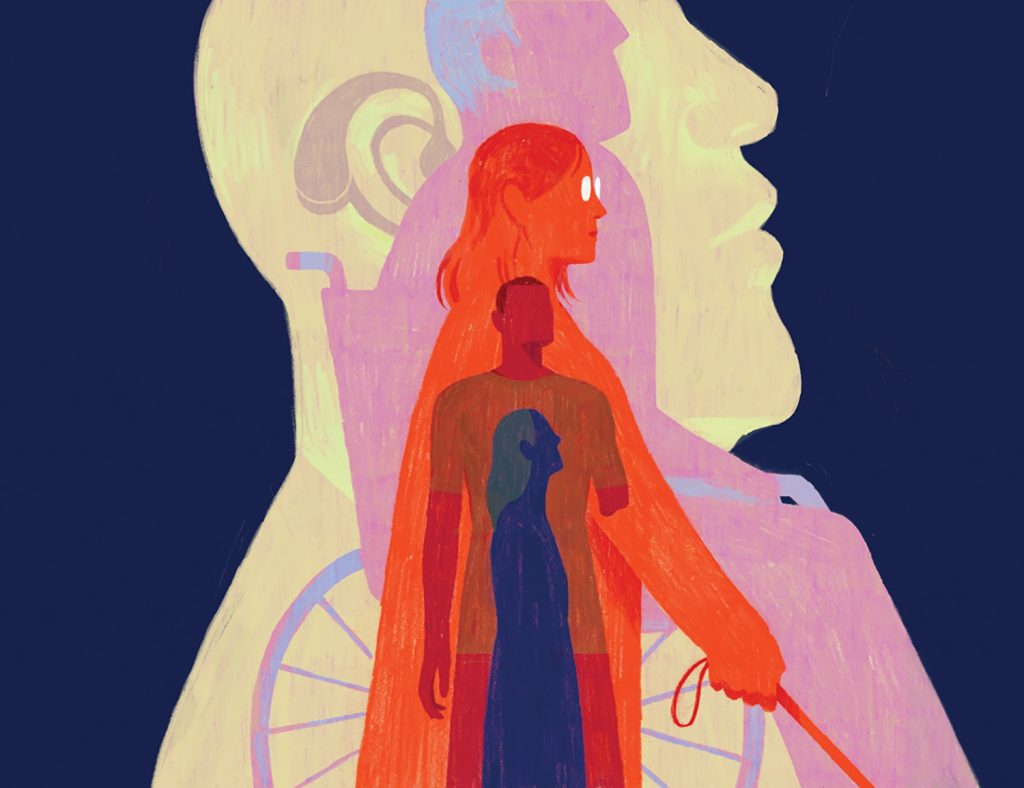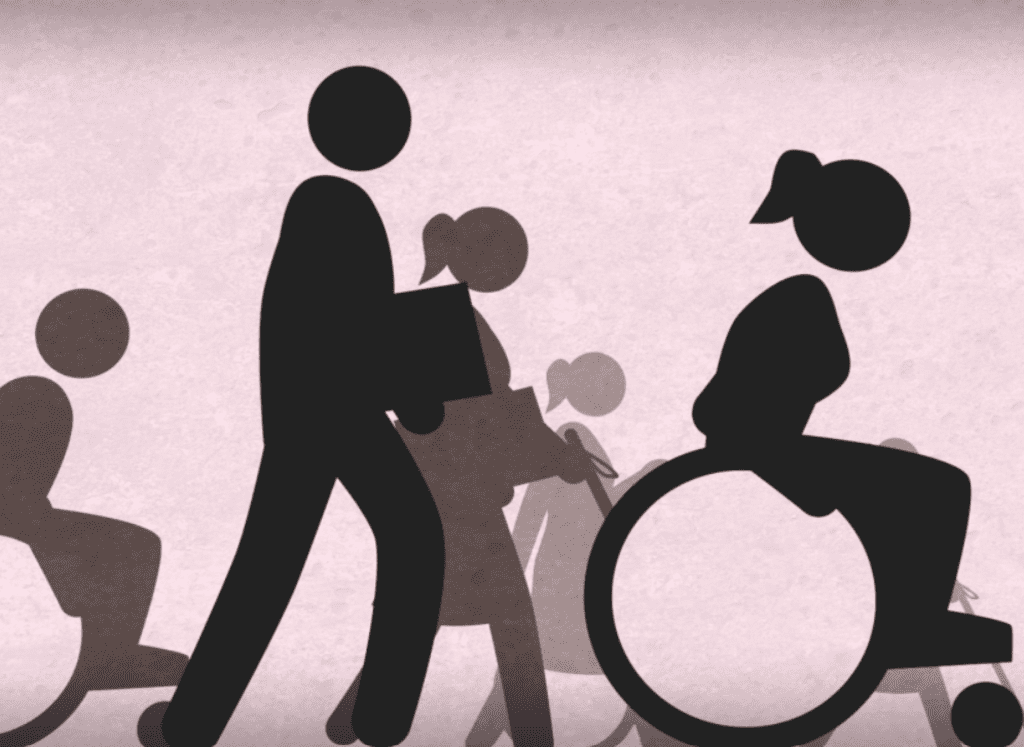
In a land where all humans are bound to be treated equally, one can still witness discrimination among people based on the way one looks and carries oneself. Disability which is the home ground of discrimination even today is a complex concept and one that is very often than not misunderstood. The term disability can be defined as the physical or mental condition that limits the abilities of a perform to be able to perform certain tasks or activities of daily life. The Oxford Dictionary’s meaning of disability is any sort of disadvantage or handicap that imposes a person from performing limits to movements, activities, or senses. The limits can range from physical impairments, such as blindness or deafness, to cognitive impairments, ranging from learning disabilities to mental health conditions. Many times, the term disability can also refer to the social and economic disadvantages experienced by disabled people.
The specially-abled people faced various sorts of discrimination as well as negative connotations attached to their incapability to perform certain activities by society in general. But despite all the challenges faced by people with disabilities, it is very important to recognize their strengths and contributions to society since they are the building blocks of a progressive society.
Disabled People’s Right to Representation

The right to representation as the name suggests means to be seen and heard. The Constitution of India gives all irrespective of religion, caste, gender, physical abnormalities, and color to have an equal pedestal in the state. All sorts of discrimination in any form or kind is declared to be unconstitutional unless and until it is for the benefit of the ones who are on the borders of society. The right to representation is a very essential and integral part of the human experience, and it is especially important for disabled people since the need of the hour is to accept them and have an equal society for all.
The differently abled often face various challenges in accessing legal representation due to their physical or mental impairments which lead them to fight for even the smallest of things from a society that has for decades considered them to be dependents and a sort of liability. This can make it difficult for them to assert their rights and protect themselves from discrimination or abuse which they have to face daily. It is therefore essential that disabled people are provided with access to legal representation so that they can obtain justice and be protected from any form of exploitation and also get their fair share of equal standing in society.
Furthermore, the right to represent and be represented by members of their community should also be extended to them from the time they are born or their disability is discovered till the span of their lives. It is only by ensuring that everyone who is specially abled has access to legal representation as well as representation in the law-making bodies can one ensure a fairer society where everyone’s rights are respected and upheld without any kind of discrimination.
For one to be represented in a democracy like India, one needs to be an integral part of the law-making and executive body in order to have even clearer goals set. It is only possible when members of the specially-abled category stand up for elections that they get a fair chance of representation and have clear-cut guidelines with personal touches added just like the constitution of the nation.
Need for Right to Representation
The disabled since time immemorial having being fighting not just with themselves but also with society at large because they are perceived to be dependent on society. A ruler who is blind is not fit to rule, a handicap cannot be an artist and the list of discrimination goes on and on because the globe at large has never seen them as equal. In the Indian context, the orthodox ideology is that the condition of one person is a representation of his or her sins in past lives. It is believed that the Almighty Lord himself has punished the person for the deeds of past life in the present one but if seen through the lens of science and practically these accusations hold no ground.
Mere bodily deformations display the person having it in a very negative light and therefore this ideology acts as a ground of justification for all the discrimination and treatment that the specially-abled are forced to feel towards themselves. Even in the fast-paced world today Persons with Disabilities referred to as the PWD category are often seen fighting wars at both ends of their lives. Therefore, it becomes important to provide them with a ground to fight their battles and also the need to stand in solidarity with them against any sort of discrimination that they face today.
Laws for the Disabled

The rights of the specially-abled are a very important aspect to create an equal society and further eradicating discrimination. The laws for all will also create a homogeneous human rights setup which will further lead to development and justice on the global level. Human rights and international laws are both instrumental keys in creating and ensuring a safe environment for disabled people. The primary objective of these tools is to provide the same access to all parts of life to the disabled groups as the rest of the human race.
The Convention on the Rights of Persons with Disabilities
The international treaty recognizes the various rights of persons with disabilities and also ensures that all states promote, protect, and ensure that the interest of the specially-abled is taken care of. Further, the United Nations treaty tries to create a platform of equality for all and provide a safety net to the disabled community.
Declaration on the Rights of Disabled Persons
The 1975 Universal Instrument of Human Rights pledges to promote a higher standard of living along with employment opportunities as well as a safety blanket for the economic and social conditions of the disabled. It aims to provide development and progress for all members of the community.
What’s going on in India for the Disabled People?

In the year 2016 the Rights of Persons with Disabilities Act was passed in India which under Chapter 2 provides all the basic and inalienable human rights and entitlements to the disabled groups of people in society. Further, its chapters deal with education and skill development along with employment opportunities for the members of the community in order for them to excel and grow.
The necessary arrangements for social security, rehabilitation as well as recreation for the specially-abled also find an important part in the making of the act. This is done in order to protect the PWDs from being homeless and this ensures that they are in safety as well as care of the guardians if need be. The Act has in itself enshrined the details to constitute various communities and institutions along with procedures to help prevent the wrong use of all the above-specified benefits by someone with mens-rea.
Right to Representation

Disabled People’s Right to Vote
The Election Commission of India (ECI) is currently undergoing a lot of improvements in order to provide a universal adult franchise to even the disabled community in all regards. According to the official guidelines of the Commission, the equal access framework is in full force and is working in order to provide respect and dignity to the elector and his or her confidence in the system. Currently, the commission recognizes 21 types of disabilities among the specially-abled and has termed them under the category of voters with disabilities to provide them with maximum benefit and representation.
The process for being registered as a voter under the ECI is simple. The PwD member has to submit Form No. 6 which deals with specially-abled communities. The form can be submitted online by the commission’s site, via the voter service center in offline mode, or even through the Saksham ECI application. Earlier however under section 16 (b) of the Representation of the People Act, the process of disqualification was such that a person of mere unsound mind and if declared so by the competent court would no longer be a voter but this no longer prevails.
The tussle to provide and guarantee 100% right to vote to all types of disabled people is still going on but the ECI is a work in progress. Further, the Commission organizes all polling stations on the ground floor in order to provide easier access and even an optional home voting facility is available in many regions. Along with these slips, braille language is also available and some electronic voting machines are even braille-assisted. Free pick-and-drop facilities as well as wheels chairs and ramps are also available to all the members of the community.
The Able Politician – S. Jaipal Reddy
The politician who due to polio was forced into the clutches when he was merely a kid never let any obstacle stay in his route for a long time. The election commission does not discriminate against anyone on any basis and anyone who wishes to seek a position in the parliament of India is free to do so since India is a democracy. Therefore, passing all the hurdles Mr. Reddy took forth his idea and became a voice for his community, and today it has reached far and wide.
Conclusion
Even after more than half a century of the Indian Independence still, the disabled community of this nation has very less representation in the political sphere. This is not only because of the disability of the members that they fight every day but also the preconceived notions of society which are making them fight for even the basic necessities that are for the whole of the human race. It is only when the nation comes in solidarity and fights the ideologies of the past that we can start moving forward toward a brighter future.
References
- Disability noun – Definition, pictures, pronunciation, and usage notes | Oxford Advanced American Dictionary at OxfordLearnersDictionaries.com, www.oxfordlearnersdictionaries.com, https://www.oxfordlearnersdictionaries.com/definition/american_english/disability#:~:text=%2F%CB%8Cd%C9%AAs%C9%99%CB%88b%C9%AAl%C9%99t%CC%AEi%2F.
- Frequently Asked Questions regarding the Convention on the Rights of Persons with Disabilities | United Nations Enable, www.un.org, https://www.un.org/development/desa/disabilities/convention-on-the-rights-of-persons-with-disabilities/frequently-asked-questions-regarding-the-convention-on-the-rights-of-persons-with-disabilities.html#:~:text=The%20Convention%20on%20the%20Rights%20of%20Persons%20with%20Disabilities%20is
- Declaration on the Rights of Disabled Persons, OHCHR (1975), https://www.ohchr.org/en/instruments-mechanisms/instruments/declaration-rights-disabled-persons.
- Elections in India still not accessible to persons with disabilities, here’s proof, The News Minute (2018), https://www.thenewsminute.com/article/elections-india-still-not-accessible-persons-disabilities-heres-proof-93460 .
- M. Somasekar, S Jaipal Reddy: An able politician who took on the high and mighty, www.thehindubusinessline.com (2019), https://www.thehindubusinessline.com/news/national/s-jaipal-reddy-a-fighter-and-refined-politician/article28737955.ece.